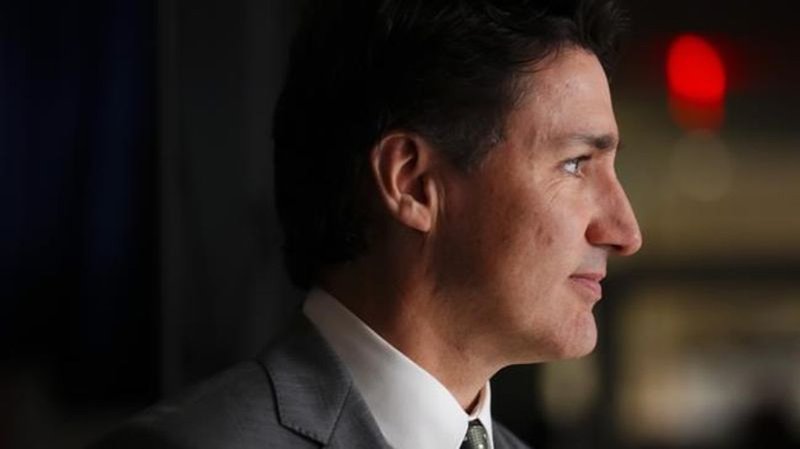
Global, economic security top priorities as Trudeau heads to South Korea, G7 summit
OTTAWA — Prime Minister Justin Trudeau is set to leave Monday for a weeklong trip to Asia, where he will make his first official visit to South Korea and attend the G7 leaders’ summit in Japan.
The trip comes at a time when the world is collectively facing security threats and economic uncertainty magnified by climate change.
The prime minister is expected to be in Seoul between May 16 and May 18, after South Korean President Yoon Suk Yeol’s visit to Ottawa last fall. Since then, both countries have released their Indo-Pacific strategies, plans that aim to counterbalance Chinese influence by increasing economic and military ties in the region.
Trudeau is also scheduled to attend the G7 leaders’ summit in Hiroshima, Japan, between May 19 and 21.

